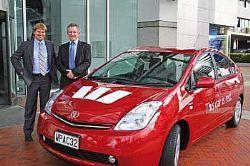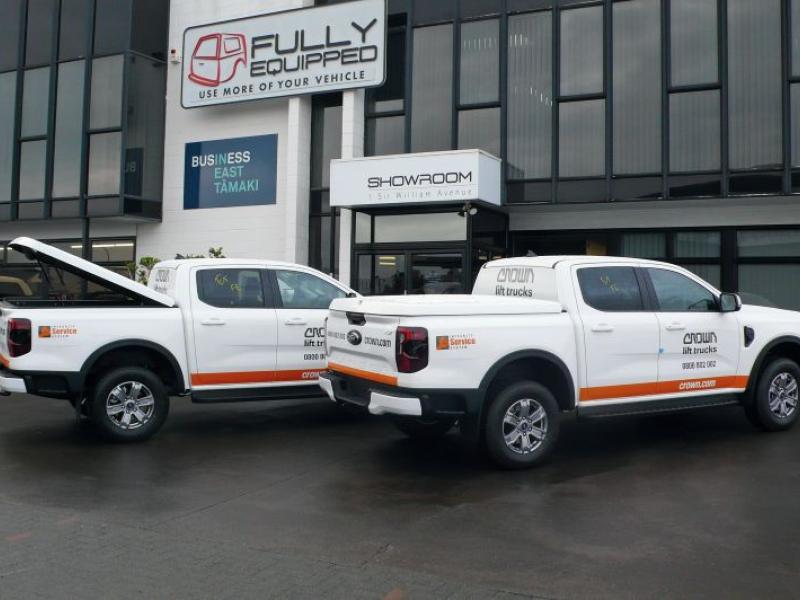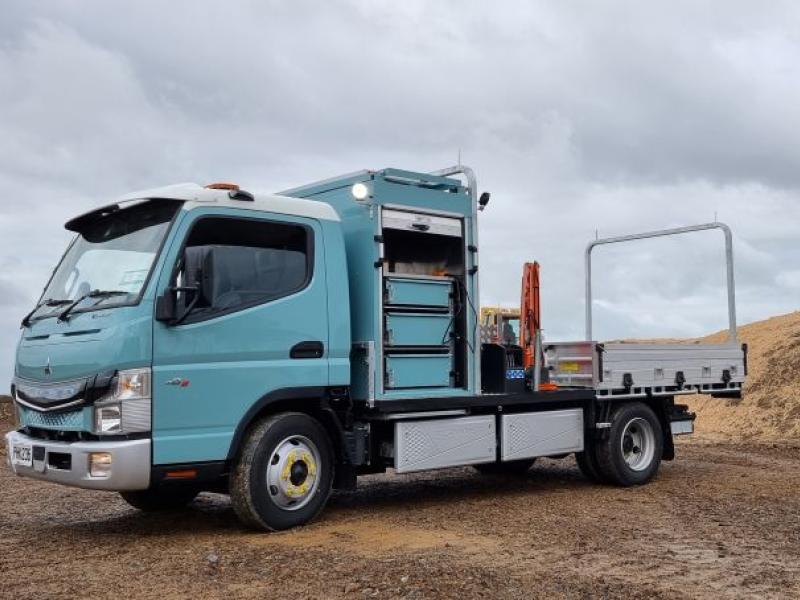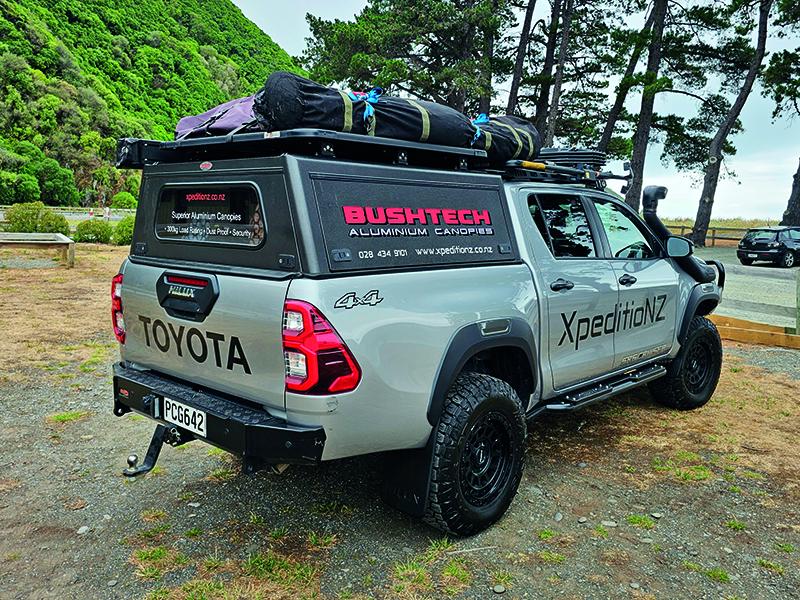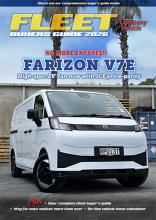According to LeasePlan CEO Charles Willmer in the previous six months to October the fleet leasing market has seen customers adopting the idea of purchasing greener and safer fleet vehicles that are more fuel efficient and cheaper to run. “We’ve received inquiry from both existing and prospective clients about the alternatives to the traditional fleet models in all categories,” says Willmer. “LeasePlan can include ANCAP safety ratings, C02, NOx and Emission ratings into our Total Cost of Ownership (TCO) operating model, so the client can easily make comparisons.” “Despite the recent unfounded media hype around the traditional six-cylinder saloon becoming redundant and obsolete, this is not the case.” Willmer continued to say, “There has not been a wholehearted exit of the six-cylinder saloon market by business purchasers, certainly there has been some reduction in sales, but this has been more price driven rather than environmentally driven.” “The other conflict is that there is still a great deal of pressure in the labour market, the recession hasn’t yet bitten hard enough to force sales reps and managers out of their six-cylinder vehicles which are often part of their salary package, but as economic conditions tighten this could rapidly change. “One traditional six-cylinder buyer is the Agribusiness sector, both producers and suppliers have been pre-disposed to purchasing large vehicles due to the business use required, and despite the conflict with their green image, because the sector is doing well financially we would not envisage this trend changing in the short term.” “One Agribusiness company that we know of, has made the change to smaller diesel vehicles by offering their employees a cash incentive to do so and renegotiating their employment packages. “Being green hasn’t yet made a major impact on vehicle purchasing decisions in the corporate sector, but the trend is starting, as we can see by the Westpac decision to replace their VW Beetle fleet with Hybrid Toyota Prius vehicles and their rural fleet of Ford Territorys will be replaced with diesel Hyundai Santa Fe models,” says Willmer. “I would think that in two to three years time environmental and social responsibility will be the key driver in fleet purchases.” “But in the exercise to be more environmentally and socially responsible in making fleet decisions, fit-for-purpose still must be the overriding factor, if the vehicle isn’t going to do the job it’s needed for, then there’s not much point obtaining it.”
Changes in the leasing market
Vehicle Fitout
Thursday, 02 October 2008
File Download:


